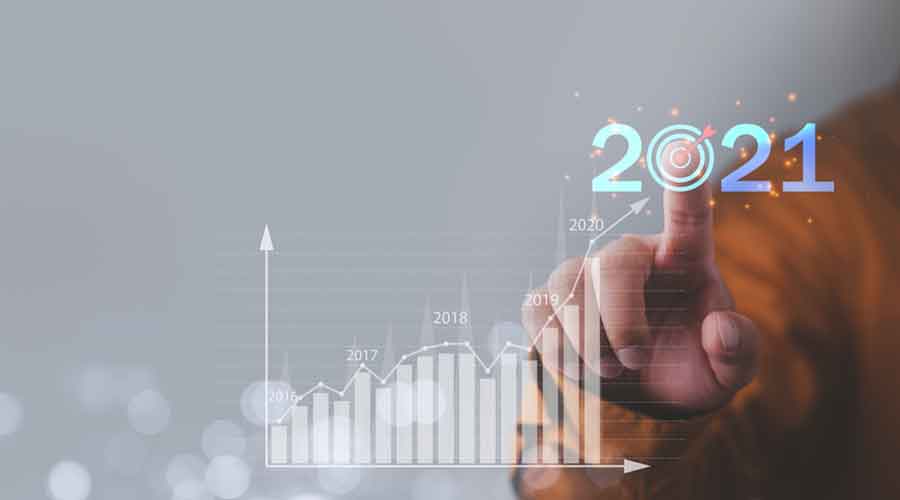The new financial year starts and brings with it a new set of rules you need to comply with. This isn’t going to be a year of great changes though — just a few small ones that you must acquaint yourself with. Let us take a quick look at them.
New vs old regime
This year, while filing your income tax returns in July, you will have to pick one of the two optional regimes which decides the rate of tax you pay. Under the old regime, you can claim tax deductions to reduce your outgo but need to pay a higher rate of tax on your taxable income.
The new regime, which started from financial year 2020-21, allows you to pay a lower rate but needs you to forgo deductions such as investments, insurance, loan interest etc.
If you are still undecided between the two, try to apply the following rule of thumb.
Do all your tax-saving measures amount to 20 per cent or more of your income? If they do, your tax liabilities may be lower in the old regime, and, therefore, you should pick that.
As the financial year has already passed, you cannot do any more tax-saving measures, and, therefore, you must settle for the decisions you have already made. If your deductions do not reach the 20 per cent level, the new regime may be the one for you. Use an online income tax calculator to arrive at your decision.
Bank merger takes effect
The amalgamation of several government banks was announced in 2019. From April 1, cheque books and passbooks of the amalgamated banks will stop working, and you will needto avail fresh ones from the anchor bank to which the smaller banks were amalgamated.
The amalgamation may also impact account numbers, IFSC, MICR codes and branch addresses. Syndicate Bank, Canara Bank, Corporation Bank and Andhra Bank were absorbed by the Union Bank of India. Dena Bank and Vijaya Bank went to Bank of Baroda, and Oriental Bank of Commerce and United Bank of India to Punjab National Bank.
If you had an account with any of the amalgamated banks, look out for their communications and contact them to avoid operational problems with your bank accounts, deposits, loans etc.
PF interest may get taxed
Interest earned on the Employees’ Provident Fund was tax-free for eligible subscribers. However, now, large investors in the EPF scheme will find their earnings taxed from this year. The interest earned on an employee’s contributions exceeding Rs 5 lakh a year will attract taxes according to the slab rate.
The tax would not apply to the employer’s contribution to the fund nor to the outstanding balance of the fund. Therefore, you could voluntarily contribute up to Rs 41,666 per month without attracting this tax. The limit is sizeable and most subscribers will comfortably fall under it.
Filing relief for seniors
If you have turned 75 and earn your income from pension and bank interest, you no longer have to file your tax returns. This benefit is limited to those pensioners who earn interest via the same bank in which the pension is deposited. If they are earning interest from other banks, they would not be able to get the benefit.
This benefit does not imply that the eligible pensioner must no longer pay tax — it will still be deducted by the bank directly and paid to the government, with the pensioner’s approval. Pensioners need to be in touch with their banks to enable this benefit if they so wish to.
Deferred wage code
Two new conditions that were to be imposed on April 1 have now been deferred. The new wage code, which was to kick in from April 1, has been deferred by six months. Once imposed, your salary structure could see a substantial change.
According to the new recommendations, your basic pay must be at least 50 per cent of your total pay, which would impact how your provident fund and gratuity contributions are calculated, which in turn would impact your take-home pay.
Second, according to the RBI’s mandate, standing instructions for bill payments and subscriptions on debit and credit cards were to be disabled from April 1 if such transactions didn’t have the added safety layer of authentication by such means as OTP.
However, this decision has been stayed and the RBI has now allowed time to banks till September 30 to roll out the programme.
You must contact your bank to understand how this impacts you and avoid any difficulties you may face if your bill payments were to stop abruptly.
The writer is CEO, BankBazaar.com










